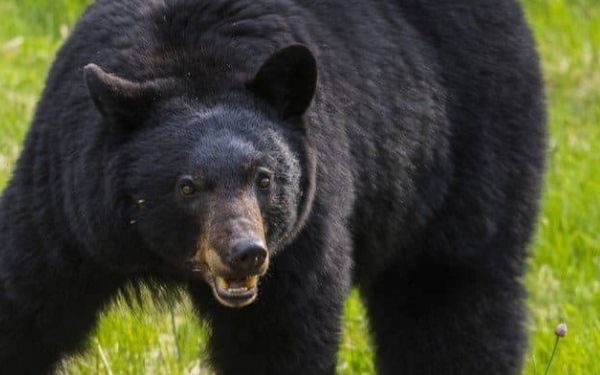Black bears are among North America’s most adaptable and widespread mammals. Found in a variety of habitats, their populations vary from state to state. Here’s a look at six U.S. states with the largest numbers of black bears.
Washington
This Article Includes
Washington is home to about 27,500 black bears, thanks to its dense forests and rugged mountain terrain. From the Olympic Peninsula to the Cascade Range, the state’s diverse ecosystems offer the perfect environment for black bears to thrive.
Oregon
Oregon’s black bears primarily live in the Cascade Mountains. These forests provide rich food sources and thick cover, supporting a strong bear population. In Oregon, black bears play a vital role in forest health by spreading seeds and controlling insects.
Idaho
Idaho supports around 30,000 black bears, mainly found in mountainous regions like the Sawtooth and Bitterroot ranges. Known for their varied diet—berries, nuts, and small mammals—Idaho’s bears are essential in maintaining the predator-prey balance in their ecosystems.
Maine
Maine hosts an estimated 35,000 black bears, thriving in the state’s vast northern and western forests. With plenty of food available in late summer and fall, these bears prepare for hibernation by eating heavily. Maine offers some of the most stable bear populations in the country.
California
California’s black bear population is also around 35,000, spread across a wide range of landscapes from coastal forests to the Sierra Nevada. Frequently seen in national parks like Yosemite, these bears are well adapted to diverse habitats, and encounters with humans are uncommon.
Alaska
Alaska tops the list with approximately 100,000 black bears. They inhabit nearly every region of the state—from coastal rainforests to interior wilderness areas. Despite the harsh climate, Alaska’s black bears thrive and are crucial to the health of forests and waterways.
Unique Behavior of Black Bears
Black bears are intelligent and curious animals. They’re excellent climbers and use their sharp sense of smell to track food from long distances. As opportunistic eaters, they’ll consume whatever is available, making them highly adaptable to changing environments.
Importance to Ecosystems
Black bears help maintain healthy ecosystems. They spread seeds through their droppings, which supports forest regeneration. Their feeding habits also influence the distribution of plants and other wildlife, helping to keep natural systems in balance.
Conclusion
From Alaska’s vast wilderness to Maine’s dense forests, black bears play a vital role in maintaining ecosystem health. Protecting their habitats ensures that future generations can continue to enjoy the presence of these iconic creatures in the American wild.









